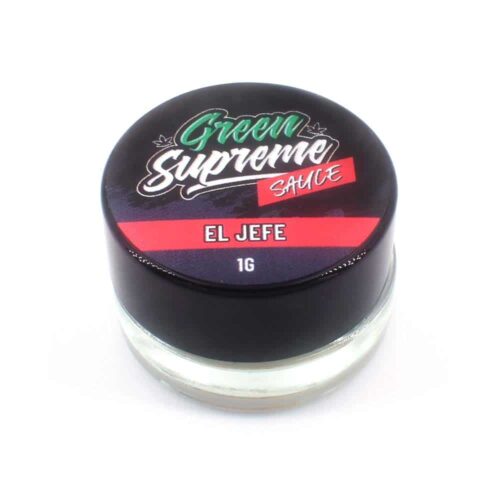Choosing the right pool filter is essential for maintaining clean and safe water in your swimming pool. With various types of filters available, it can be challenging to decide which one is best for your needs. This guide will help you understand the different types of pool filters and provide tips on selecting the best one for your pool.
Understanding Pool Filters
Pool filters play a crucial role in keeping your pool water clear and free from debris. They remove dirt, leaves, and other contaminants, ensuring a pleasant swimming experience. The three main types of pool filters are sand filters, cartridge filters, and diatomaceous earth (DE) filters. Each type has its own advantages and disadvantages.
Types of Pool Filters
Sand Filters
Sand filters use specially graded sand as the filtering medium. Water flows through the sand, which traps particles and debris. Sand filters are easy to maintain and have a long lifespan. They require backwashing, which involves reversing the water flow to remove trapped debris. However, sand filters may not be as effective at capturing very fine particles compared to other types.
Cartridge Filters
Cartridge filters use a pleated fabric to filter water. They are known for their efficiency and ease of maintenance. Cartridge filters can capture smaller particles than sand filters, providing cleaner water. They do not require backwashing, which conserves water. Instead, you need to remove the cartridge and clean it periodically. Cartridge filters generally have a shorter lifespan compared to sand filters but offer superior filtration.
Diatomaceous Earth (DE) Filters
DE filters use a fine powder made from fossilized remains of diatoms. This powder coats a grid inside the filter, capturing even the smallest particles. DE filters provide the highest level of filtration, resulting in crystal clear water. However, they require more maintenance, including backwashing and adding more DE powder. DE filters are also more expensive and complex to operate.
Factors to Consider When Choosing a Pool Filter
When selecting the best pool filter for your swimming pool, consider the following factors:
Pool Size and Type
The size and type of your pool will influence the type of filter you need. Larger pools may benefit from the efficiency of DE filters, while smaller pools can be well-served by cartridge filters. The volume of water and the pool’s usage frequency should guide your choice.
Filtration Efficiency
Consider how clean you want your pool water to be. DE filters offer the highest filtration efficiency, removing the smallest particles. Cartridge filters provide excellent filtration as well, while sand filters are suitable for larger debris.
Maintenance Requirements
Different filters have varying maintenance needs. Sand filters require regular backwashing, while cartridge filters need periodic cleaning. DE filters demand the most maintenance, including backwashing and replenishing the DE powder. Choose a filter that matches your willingness to perform maintenance tasks.
Cost
Budget is an important factor when choosing a pool filter. Sand filters are generally the most affordable, followed by cartridge filters, with DE filters being the most expensive. Consider both the initial cost and the ongoing maintenance expenses when making your decision.
Additional Tips for Choosing the Best Pool Filter
- Consult a Professional: Seek advice from a pool professional to determine the best filter for your specific pool and needs. They can provide insights based on their experience and knowledge.
- Consider the Best Pool Cleaner: While choosing a filter, also think about investing in the best pool cleaner to complement your filtration system. A good pool cleaner can reduce the load on your filter by removing larger debris before it reaches the filter.
- Read Reviews: Research and read reviews from other pool owners. Their experiences can provide valuable information about the performance and reliability of different filter types.
- Check the Flow Rate: Ensure the filter you choose matches the flow rate of your pool pump. An incompatible filter and pump can lead to inefficient filtration and potential damage to the equipment.
- Evaluate the Warranty: Look for filters with a good warranty. This can provide peace of mind and protect your investment in case of defects or issues.
Maintaining Your Pool Filter
Regardless of the type of filter you choose, regular maintenance is key to its effectiveness. Follow the manufacturer’s guidelines for cleaning and replacing filter media. Regularly check for signs of wear and tear, and address any issues promptly to keep your filter running smoothly.
Using a pool cleaner can also help maintain your pool’s cleanliness, reducing the burden on your filter. A combination of a good filter and the best pool cleaner ensures your pool water remains sparkling and inviting.
Conclusion
Choosing the best pool filter for your swimming pool involves understanding the different types of filters and considering factors like pool size, filtration efficiency, maintenance requirements, and cost. By carefully evaluating these aspects and seeking professional advice, you can select the right filter to keep your pool water clean and safe. Regular maintenance, complemented by a reliable pool cleaner, will ensure your pool remains a refreshing oasis for years to come.




